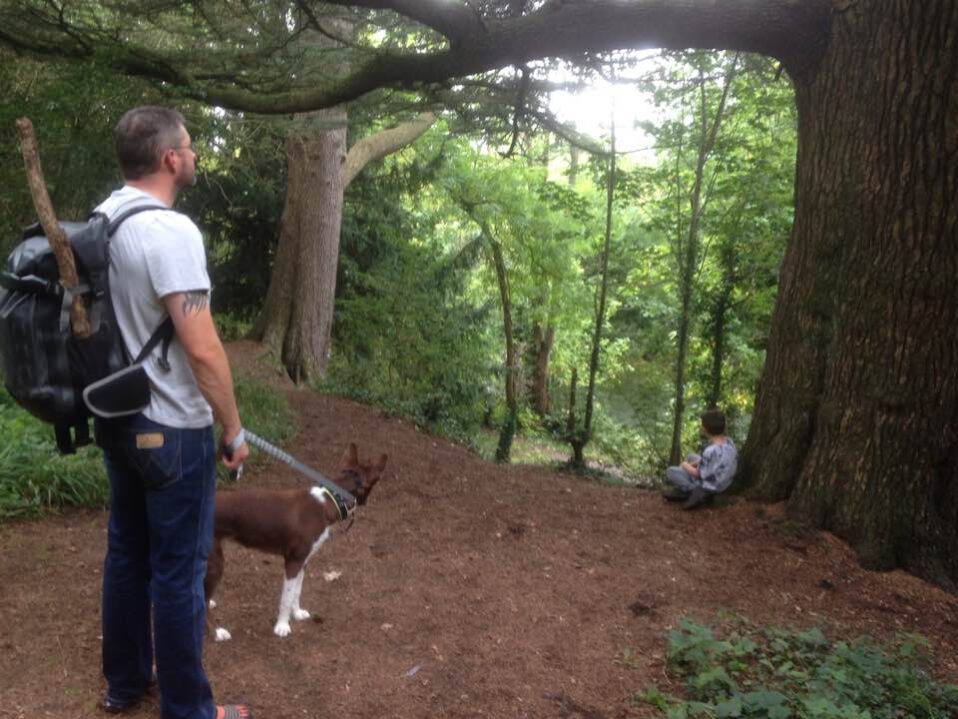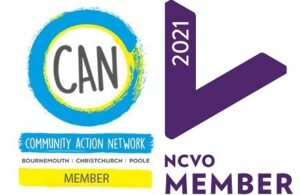The last entry in this series saw me being pretty damn pretentious about stories. I stand by those words, but they remind me of what I used to sound like twenty plus years ago, sat in whatever bar, very drunk and very excited about the cosmos, boring the living shit out of people about obscure or niche things. I haven’t thought about those….I was going to say “those nights” but then realised that I spent a large proportion of my time in those pubs and bars including breakfast with a Guinness when I’d finish night shifts.
I haven’t thought about those times in a while, and I probably would have continued like that if I hadn’t written my last blog and then gone through this thought process. The reason I’m even nattering about this is that I’m thinking about stories and how they relate to your own mental image of yourself.
As you know, I’ve been attending a DBT course via an online portal and by now I’ve just finished the second of three modules. Relationship skills is still to come, and I’ve completed four sessions on Distress Tolerance, four on Emotional Regulation and had a couple of one-to-one sessions. A normal group session is 10 people, 3 of whom are either mental health practitioners/trainees and facilitators and the other 7 are us.
I’ve mostly had the same people from one session to the next but occasionally it’s different. I’ve noticed that I’m the only male who I’ve seen in the groups, whether the DBT group or the peer support group which is run separately by the Mind charity and whilst that doesn’t bother me in any way, it is interesting that it’s generally women who are diagnosed with personality disorders. That doesn’t mean that women are more susceptible because when I look at the populace as a whole, I’d say that undiagnosed mental health issues are rampant and only become clear when you know what you’re looking for.
The group rules are that you have a video on at all times so everyone can see who’s talking to you although there are no problems if you need to take a pee, turn off the video for a moment and then re-join the group when you’re ready. There’s a 10-minute break halfway and for me at least, the 2 hours are enjoyable and pass really quickly. The focus is very much on talking through the information in the companion booklets and ensuring that you have the correct tools to deal with your particular brand of mental fuckwittery.
The first half-hour of each session tends to be going through a quick mindfulness exercise and then going around the group and getting everyone to give their thoughts on last week’s homework. Makes it sound like school but it’s just putting into practice what you learnt last week and noting down what happened. For anyone who’s served it feels very much like EDIP and for me anyway, there are loads of other comparisons between mindfulness, DBT and the process in which you tackle your mind and the ways in which you learn soldiering.
Having had anxiety and depression for as long as I can remember, I learnt early on with any group event, to always go first if given the choice. Doesn’t matter if you mess up, others will as well, and by going first you don’t have to sit there terrified only thinking about your own performance, instead of observing and critiquing others which adds to theirs, and your own, knowledge base. Go first, say what you’ve got to say and then sit back.
Generally, no one else wants to go first anyway so I’ll give my answer, generally swerve off on a tangent and come back to it eventually. This is completely accepted as pretty much everyone else also copes with chronic pain and fatigue to varying degrees and often don’t feel particularly with it. This start to each session is a really valuable time where you can essentially learn from others whether what you feel is what they’re feeling and vice versa.
I think one of the greatest stigma busters of anything is learning to bypass the fear of the unknown and when you’re in a group of people (all ages) who are all like you, then there’s a massive freedom in being able to discuss things that an average, non-suffering, person just can’t grasp because they’ve never felt that chain of heightened emotions in that order before. I think that the majority of the veterans, and serving personnel, that I know would find more common points with all of them than not.
This is kind of where the thinking about stories comes in. I find people’s individual stories interesting as hell and when I think of which information source has been most useful over the years, it’s been listening to (and reading about) others’ hardships, experiences and victories. How can I make use of others’ mistakes and how can I pass that on in a way that others will understand? How can I absorb someone else’s experience and transform it into a vision of my future?
I’m going to explore this more and really the base of writing is just having the discipline to sit down and start tapping keys in the right order. That’s not been achieved lately due to me not having that discipline. Ok, so not entirely fair to myself perhaps but it’s true nonetheless that if I don’t write anything then I don’t produce anything, and if I don’t produce anything then I don’t progress.
Keep progressing everyone. Just get dressed every day and do something productive that makes you think about the vision that you hold in the deepest, darkest vaults of yourself, that you don’t allow yourself to believe can be real.
Just another blogger















Post a comment